Before we share the completion photos of our latest project, the Maternity Health Center in Bichena, Ethiopia, here is a glimpse of what it looked like in April. We will post a video clip of this soon along with completion photos. Thank you again for your support. So many mothers now have a place to go, a place where they feel safe, where they can give birth safely, where they can recover overnight before going home,and have a bathroom and a shower right next to the room.....you made this possible for them! Thank you!
|
Natty Nation, Madison’s own hard roots rock reggae band, headlines this year’s Rock For Hope! Megan Bobo & The Lux’s soulful funk and DJ Trichrome join the entertainment line up at Wisconsin Brewing Company in Verona, WI on Sunday, August 30 from 2:00 – 7:00 p.m. Former Senator Russ Feingold will speak at this event. All proceeds raised at this event will be used to build a much needed maternity health center in Bichena Ethiopia.
Ethiopia has one of the highest maternity mortality rates that is largely due to complications that would be considered minor in the United States. Clinic At A Time’s founder, Mulusew Yayehyirad was born and raised in Ethiopia and has witnessed the horrible conditions of the clinics and health care there. She is currently a nurse at the University of Wisconsin Carbone Cancer Center. Learn more about the maternity health center at our website, www.clinicatatime.org So come for the live music, amazing microbrews by Wisconsin Brewing Co., fantastic authentic Ethiopian cuisine and Papa Murphy’s pizzas, fun activities and s’mores for the kids and give hope to expectant mothers in Ethiopia. There will also be a silent auction, 50/50 raffle and BEER PULL. Sunday, August 30 2:00 – 7:00 p.m. Wisconsin Brewing Co. 1079 American Way Verona, WI $7.00 tickets at the door To Whom It May Concern: The 2013 goal for Clinic at a Time, Inc. is a lofty one: To build a four room birthing center in the rural Ethiopian town of Bichena. At this birthing center, women can labor, deliver, and recover in a facility dedicated to their care and good health. This is an urgently important project as maternal healthcare is currently in crisis in Ethiopia. We know the need personally all too well. Our twin sons, Samuel and Asher, whom we adopted from Ethiopia in 2010 were in desperate need to be adopted after their mother, Marta, died giving birth to them. We often think, “What if?” What if Marta had access to the maternity care we have here in the US? What if there was a clinic nearby that Marta could have gone to while in labor instead of giving birth in her mud hut alone, while her husband was walking for hours to find the closest midwife to help her? While we are eternally grateful that Samuel and Asher have become our sons, the truth is that Marta should not have died. She should have been able to raise her twin sons with her loving husband. She should have been given the opportunity to have access to maternal healthcare----the same healthcare I had access to when my 3 healthy babies were born. She is my sister now, and we raise these boys together. In her honor, we humbly request your support of a fundraiser we will be holding in Atlanta for Clinic at a Time on May 18th. IN HONOR OF OUR SONS’ BIRTHMOTHER…… How Can You Help? We are now requesting donated items for the event. Auction items will be collected from now through May 10, 2013. We are reaching out to you in hopes that you can offer support in the form of a gift certificate, donated good or service or financial sponsorship . 100% of the proceeds will go directly to the building of the birthing center in Bichena. On behalf of Marta, ourselves, and the beautiful and resilient women of Ethiopia, we thank you from the bottom of our hearts for your consideration. Sincerely, Meredith & Kindred Howard If you have any questions or are able to donate, please contact Meredith at [email protected] or by phone (404) 630-1414. Donations can be sent to Kindred and Meredith Howard: 4811 Hopeton Drive Powder Springs, GA 30127 To Learn more about Clinic at a Time, please visit www.clinicatatime.org Clinic at a Time is a registered 501(c)3 charitable organization. Tax ID#26-1237191 Making teff only injera has been the one question and request most often made on our FB page "You Can Make Injera." After a few months of recipe work and testing, we are ready to share our gluten free recipe -- this recipe uses 100% teff! We think you are going to love this injera. It's lighter, it isn't as heavy after eating, and it is absolutely delicious. Please read the recipe in full and make sure to watch the video clips we link to on youtube as they help clarify the process, particularly with reference to the 'absit.'
TEFF ONLY INJERA STEP ONE 1. Prepare 2 c. of starter, using the starter recipe in our cookbook "You Can Make Injera". Change the starter recipe so that all the flours used to make the starter are replaced with teff. You can use a mix of ivory and brown teff (we use an equal amount of both) or you can use only brown or only ivory. 2. Mix your 2 c. of starter with 5 c. of teff (again, we use 1/2 brown and 1/2 ivory - you can use any combination). Add 5 c. of warm water and hand mix until the batter is nice and smooth, as described in our cookbook. 3. Cover the batter with a well sealing lid and let the batter sit for 24-36 hours. If the weather is humid, we advise 36 hours. STEP TWO (Our video link demonstrates this step! Making Absit ) 4. Boil 1 c. of water 5. Remove 1/4 c. of batter from your container. Slowly add the 1/4 c. batter to the boiling water using a whisk. This step is referred to as making "absit." (See video! The video is super helpful!) 6. Slowly add the absit to your batter. Seal with a tight sealing lid. 7. Let this sit for 12 hours. (We suggest you do STEP TWO in the evening so your injera is ready to make in the morning). STEP THREE 8.Remove the lid from your batter, mix the batter well, especially if water has separated a bit to the top of the batter. Your batter should be similar to pancake batter. 9. Heat your mitad to hot and the batter is ready to pour! See video! *Remember to remove 2 cups of this batter as it is now your starter for your next batch of injera! ** TIP: If your injera isn't producing nice eyes or isn't bubbley -- you might try adding a pinch (just a pinch) of baking soda to your batter to activate the yeast. Everyone has an occassional 'fail' at injera -- this will help you out! You can order our cookbook on Lulu here. You can join our "You Can Make Injera" Facebook Page here, If you love our all teff recipe, and you'd like to show your appreciation and support of our work, please consider making a donation to Clinic At A Time. Thank you! One of the most satisfying parts of serving clinics in need is hearing the follow up reports regarding the use and impact of medical supplies. We are fortunate to have had two friends of Clinic At A Time and Mudula Water collect data and make follow up visits to 2 of the 4 clinics our supplies delivery served in Kembata Tembaro. The news they report is very encouraging.
Our friend Cien writes, “on our way to Mudula we stopped by the Ambakuna health center. We met with one of the docs, and a couple of the nurses to discuss the use of supplies donated by Clinic at a Time and Mudula Water. Everyone is very thankful for the materials. They have been a great help to serve their population. As a wonderful example the Malaria meds have saved numerous lives (according to the doc no one has died as a result of malaria for two and a half months). The two shelves are stocked, the patient bed has a mattress and is definitely being used. We were told the birthing bed has been used for the successful delivery of over 40 children since it was donated. Besides pharmacy materials, blood pressure cuffs, stethoscopes, forceps , thermometers are some the most used items. The small ultra sound machine is a staff favorite.” Later, one of the project analysts for Mudula Water visited the Mudula Health Center and spoke with Ato Dejachew, the Director. This is what he said: “We received almost all equipment we requested. All diabetics are coming to our health center and checking their glucose levels. We now have proper delivery sets. For us, the Mudula Water and Clinic at a Time donation is different from other NGO donations - the donated equipment is according to our request and the type of equipment is operational for solving the existing problems (not put in storage as future reserve.) The donated equipment enhanced our health center service. We are very grateful for the support we received- this support was one of the most significant donations in our health center service history.” Clinic At A Time strives for this kind of impact. We are dedicated to serving clinics and communities in need, one clinic at a time. Thank you for all of our support!  When I traveled to Ethiopia in 2010, I had the opportunity to visit a rural health clinic. The compound had numerous buildings but all were sparsely furnished and it was clear they were seriously lacking the supplies they needed to serve the community. People walked for hours to arrive at the clinic, where they waited in long lines. When they finally did see trained medical personnel, there was no guarantee that the equipment to diagnose and treat them, let alone to keep them comfortable, would be available. After visiting the clinic, I began to notice other buildings that appeared to be brand new, yet abandoned. I wondered if those were all medical centers built with the best intentions, but without a not-for-profit or government agency to follow-up and provide all the equipment, supplies and staff necessary to actually operate the facilities. This problem left a lasting impression on me. Last fall, when I learned about Clinic At A Time and the sewing/Etsy initative underway to support the not-for-profit I hesitated to get involved. While I love to sew, I lack confidence in my skills. But the idea behind the initiative – women from around the USA upcycling coffee bean sacks - was inspiring. The need for medical supplies weighed on my mind. Clinic At A Time fills a specific need that I saw with my own eyes. I began to follow the work the other, more experienced artists/sewers were producing. Their creations were amazing. But instead of feeling intimidated, I saw the support they were giving each other and wanted to be a part of it. I decided to put my fear behind me and jump in. By the time the shop opened in the early fall, approximately 100 items had been created. In addition to the items that were sewn, people donated their time to take amazing pictures, write enticing descriptions, and ship each purchase out carefully wrapped including information about Clinic At A Time and a sweet, chocolate treat. In other words, this was a collaborative effort with first class attention to detail. It seems to me, those same words also describe the work that Clinic At A Time does. In the end, I was thrilled to be involved. I am truly grateful that I got to play a small part in raising $3,550 to help lay the groundwork for a robust maternal health center in Gojjam, Ethiopia. 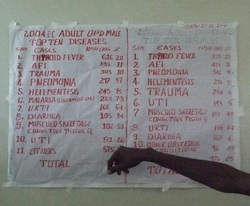 What's better than delivering presents? Delivering medical supplies in Kembata-Tembaro region with Mudula Water and Clinic At A Time! I had the honor of representing Clinic At A Time on a recent medical supplies delivery mission with Liz McGovern, Cien Kelty-Lucas, and a crew from Washington state including Molly Pitts and family. After raising funds and collecting medical supplies for months state-side (thanks to the many donors who sent money, donated equipment, and bought new items on Amazon!), Liz bought meds and beds in Addis, shelves in Hosanna, and we packed up a large truck and set off to visit four clinics down in the KT region to bring much-needed equipment and medications to rural health centers in Ambikuna, Serrera, Amata-Wacho, and Mudula. As we pulled up at the first center in Ambikuna, a large crowd gathered (as usual in rural Ethiopia) and a little chaos ensued since it was lunchtime and most of the staff was gone. Eventually, some of the nurses and health officers arrived and we unloaded the beds, put them together and all helped carry the equipment through the gates and to the storage area. Since it took some time to inventory the supplies we brought (which had to be done at each health center), I got an opportunity to get a tour of the health center with a couple of the nurses. Like the other health centers we visited, the place was a gated compound made up of several buildings. There was a check-in window at one building, and several spare, concrete examination and treatment rooms. I saw the labor and delivery room (which were were luckily furnishing with a new bed), the safe abortion room, the family planning room, emergency room and some other consultation rooms. The chart outlined the top 10 medical conditions seen at the clinic in the past year. I was especially impressed with the family planning center there where all birth control options were displayed on a cardboard panel. Another highlight of the first delivery was seeing tears of joy come to the lab tech's eyes when she saw the new microscope we brought (and the book on tropical disease microbiology). At every clinic we visited, all of the nurses and health officers gathered to see what we had brought and were grateful that Liz and Meghan had kept their promise to help out these centers with much-needed medical supplies. We continued the deliveries that day at three other health centers. One was just down the road and the other two were quite a drive away. Most of the centers were pretty empty in terms of patients besides the clinic in Mudula, where they were doing vaccines and HIV tests. It was great to see the community gathered to receive preventative care. I was also happy to share an otoscope/opthalmascope donated by one of my clients with the health officer at Mudula clinic. The medical supply delivery was an amazing success and was a great opportunity to see first-hand how limited healthcare access is in rural Ethiopia. We also spent some time during the week visiting larger hospitals and health centers in the region to find referral sources for the Mudula Water midwives (who will be graduating and serving the KT region after 4 years). It was shocking to see learn how few physicians (if any) are working in these rural areas. At one health center, a young doc on staff let us know that most cesarean sections were performed by a health officer since they had no other option. At most of the small health centers where we delivered supplies, doctors were unavailable and c-sections were not an option. An article on PRI's the world recently stated that 85% of rural Ethiopians will never see a doctor in their lifetime. There is a recent push to train more doctors and open more medical schools, but some doubt the quality of the education and care since so many well-trained and experienced physicians leave the rural areas for the cities or even to go abroad. Hopefully, we'll see an improvement in terms of the care available in rural Ethiopia as more docs graduate and serve these areas. For now, it's great to know that at least a few health centers have new delivery beds, new shelves, and some much needed equipment and supplies to serve the patients in Kembata-Tembaro. Thanks to Clinic At A Time and Mudula Water for making a commitment to bettering the lives of so many people in Kembata-Tembaro region. I can vouch for the difference this medical supply drive has made for the people we met. Their smiles said it all! 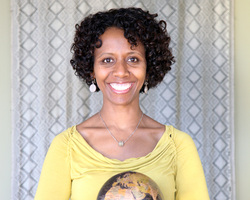 Re-imagining Medical Clinics in Ethiopia By Meagan Parrish By improving conditions at one rural clinic, Mulu Yayehyirad hopes to boost the health of many for good. At the Bichena Health Center, tucked into picturesque northwestern Ethiopia, two things never seem to abate: The buzz of flies and a long line of patients. For those suffering from ailments common to the area—tuberculosis, malaria or AIDS—this is their only option. They wait for hours while in small rooms, thin, dirt-stained curtains separate those receiving care from the clinic’s stretched staff. Until recently, power would often go out, leaving women in labor with nurses who had nothing but the flicker of a flashlight to guide them. It’s these images of health care in Ethiopia that have never faded from Mulu Yayehyirad’s mind. Born and raised nearby, Yayehyirad lived a relatively comfortable life compared to many in the region. Her parents were business owners and her family one of the lucky ones who could afford better care. But her parents also passed along another gift—a lesson in helping others. “They took in everybody who walked into their house,” she says, her voice light at the memory. It was that example that perhaps inspired her to become a caregiver. Marrying and relocating to the United States, she became a nurse. All the while, Yayehyirad never forgot Bichena. While the crippling famine that brought the country into the spotlight in the ’80s has faded from international view, the nation remains plagued by widespread poverty and poor access to decent medical care. Yayehyirad knew she could help. “My eye-opener was seeing how medical supplies in [our] hospitals went to waste. I thought, ‘Wow, it would be nice to get these supplies back home,’” recalls Yayehyirad, now a researcher at the University of Wisconsin Carbone Cancer Center. Yayehyirad imagined how to facilitate simple upgrades that would make a world of difference. The result is her nonprofit, Clinic at a Time. Founded in 2007 and run out of her home, the name implies plans to improve clinics throughout Ethiopia one by one (a goal she holds for the future). But her current work is focused on Bichena, one improvement at a time. Her first misson? To build a waiting room. The nondescript building lacked shelter for the 80 to 100 patients who arrive daily only to be left, literally, out in the cold. “Many would get sicker just from going there,” Yayehyirad explains. With the help of fundraisers, individual donations and proceeds from an Ethiopian cookbook she created, titled, “You Can Make Injara,” the waiting room was completed in 2009. Other improvements have followed, including a generator, new hospital beds and lab equipment. But Yayehyirad says there is more to be done. “Sometimes I feel like I’m trying to scoop water with a teaspoon from the sea,” she admits. At the top of her to-do list today is funding an ambulance to help those in remote areas access the clinic and building a dedicated childbirth room. And from there? Moving from this clinic to the next, improving the health of many as she goes. (MP) |
Archives
June 2017
AuthorBy Mulu Categories |
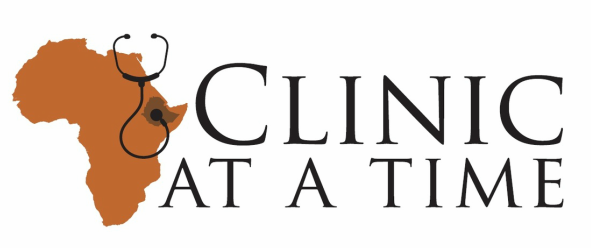
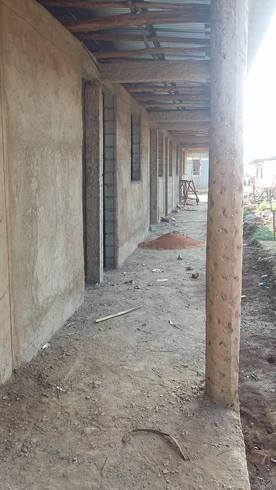
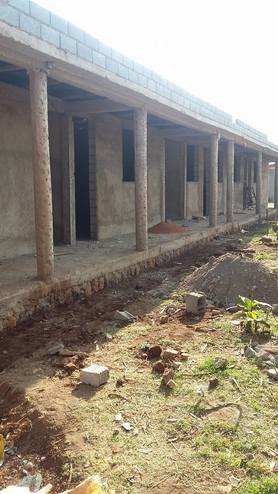

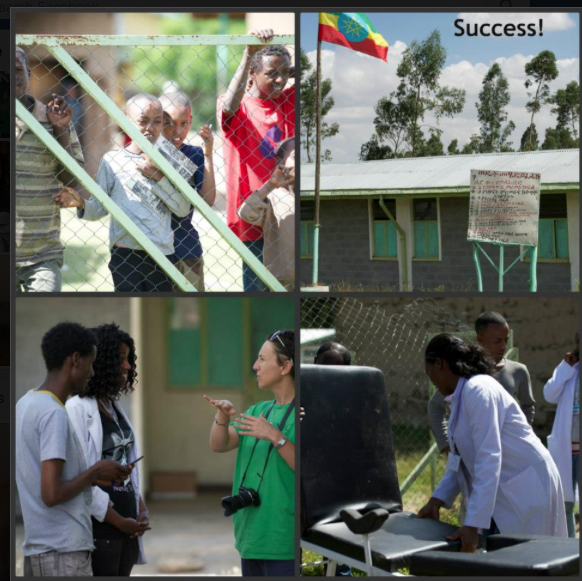
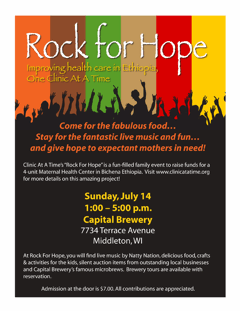
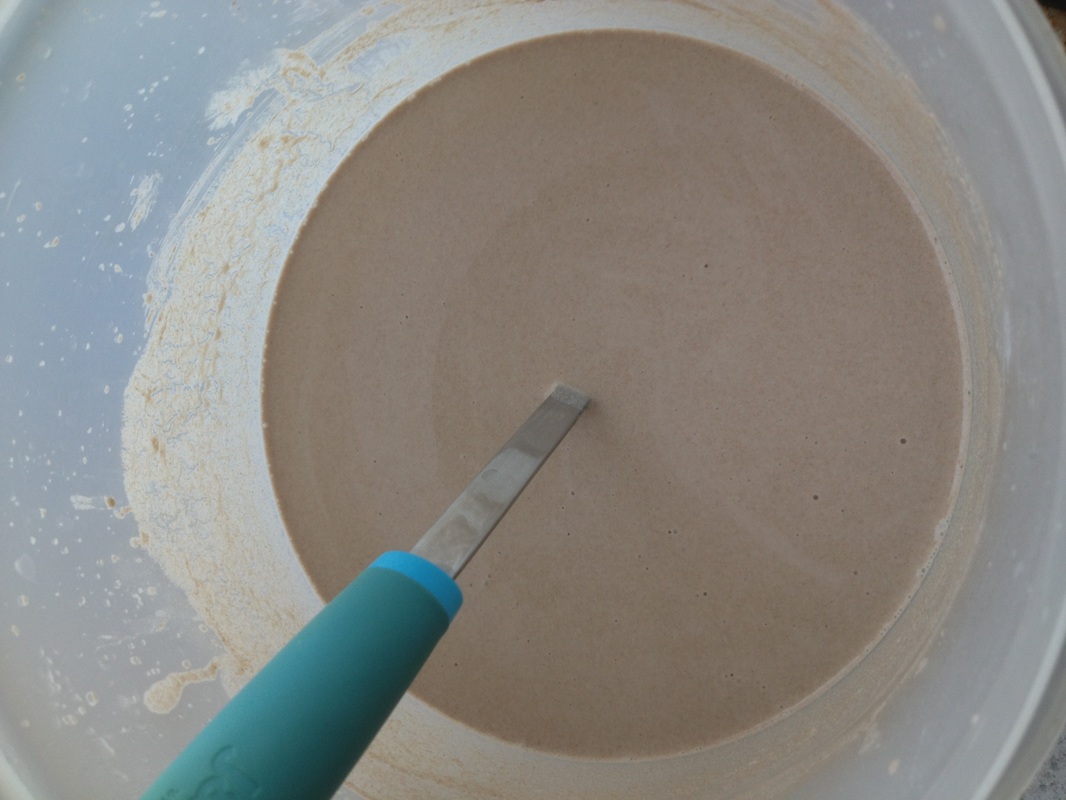
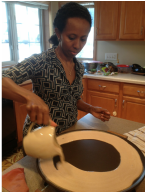
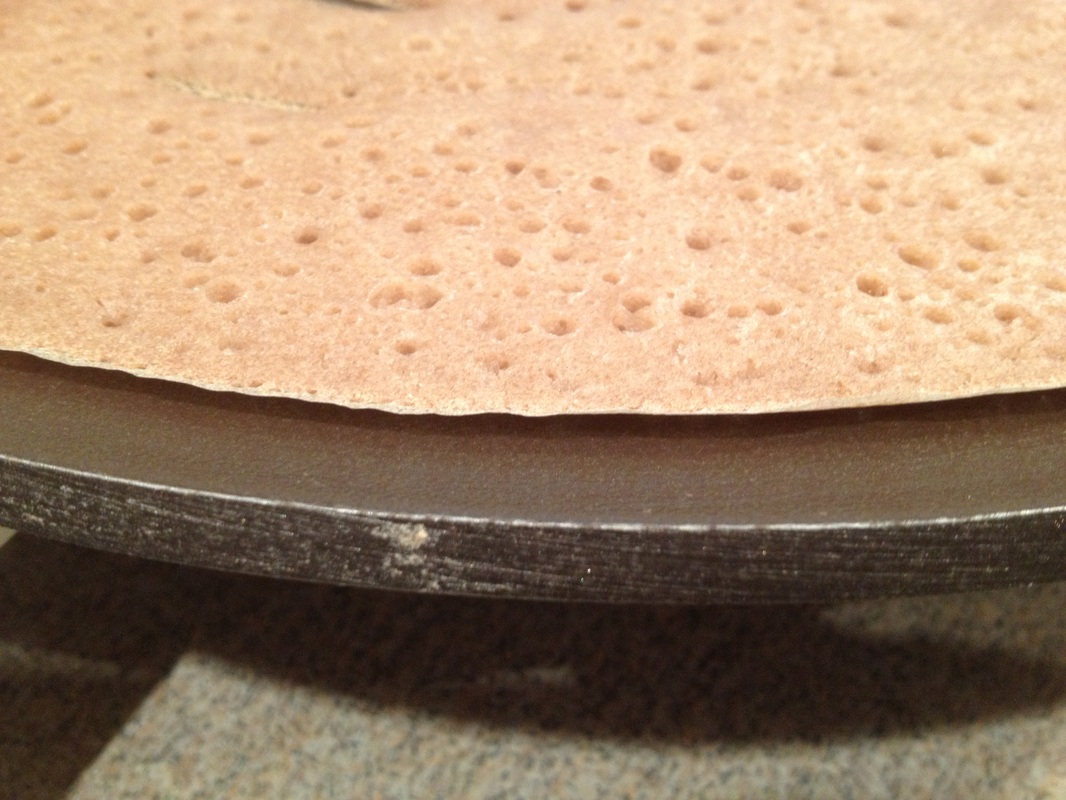
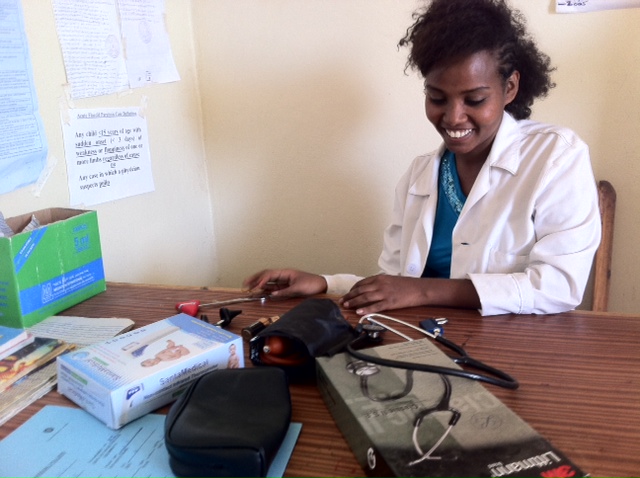
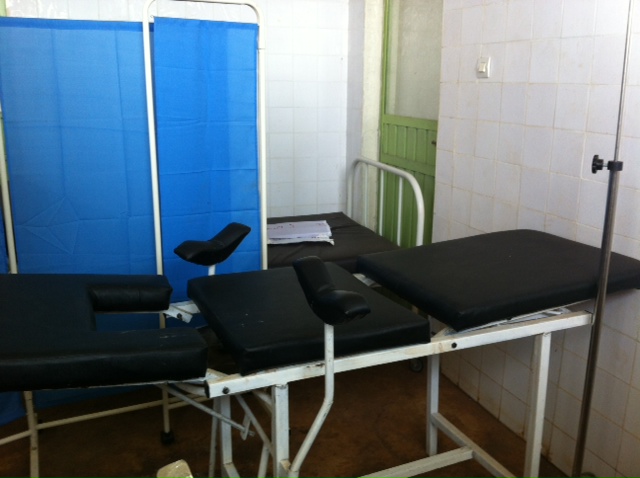

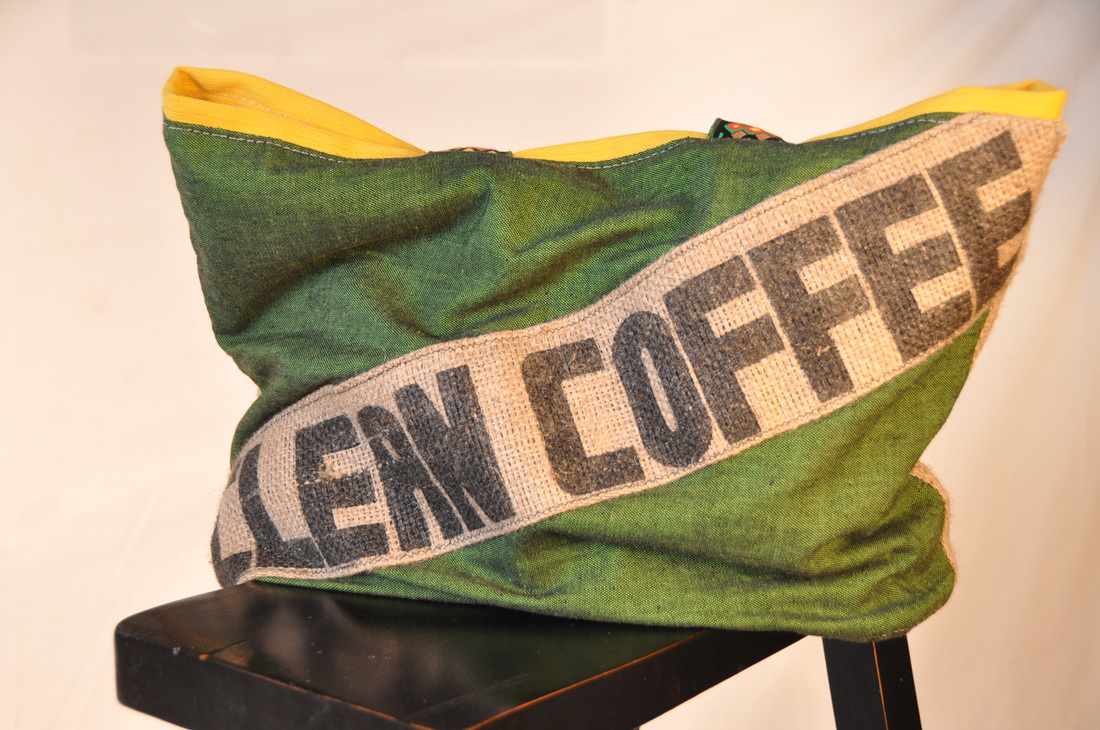
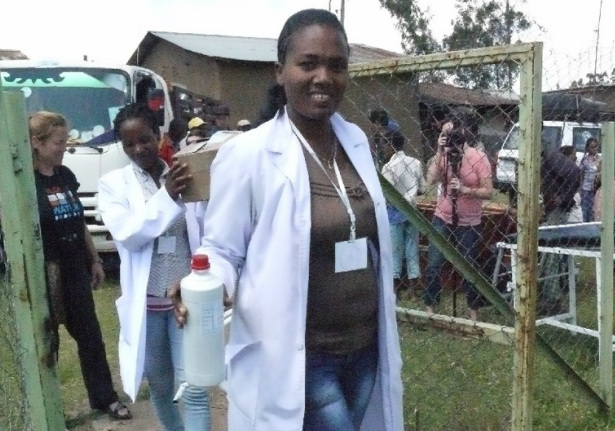
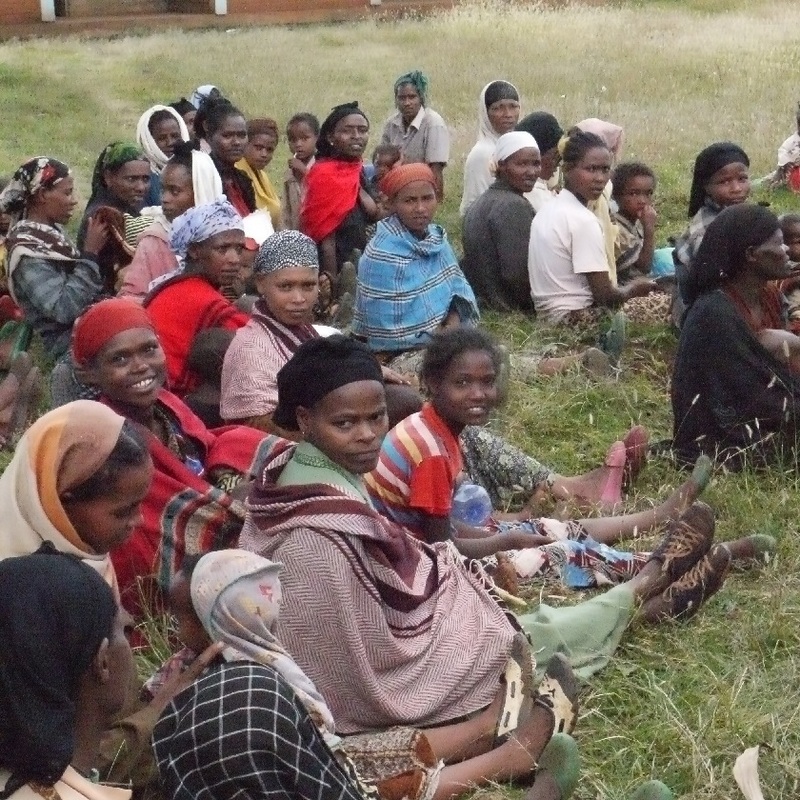
 RSS Feed
RSS Feed